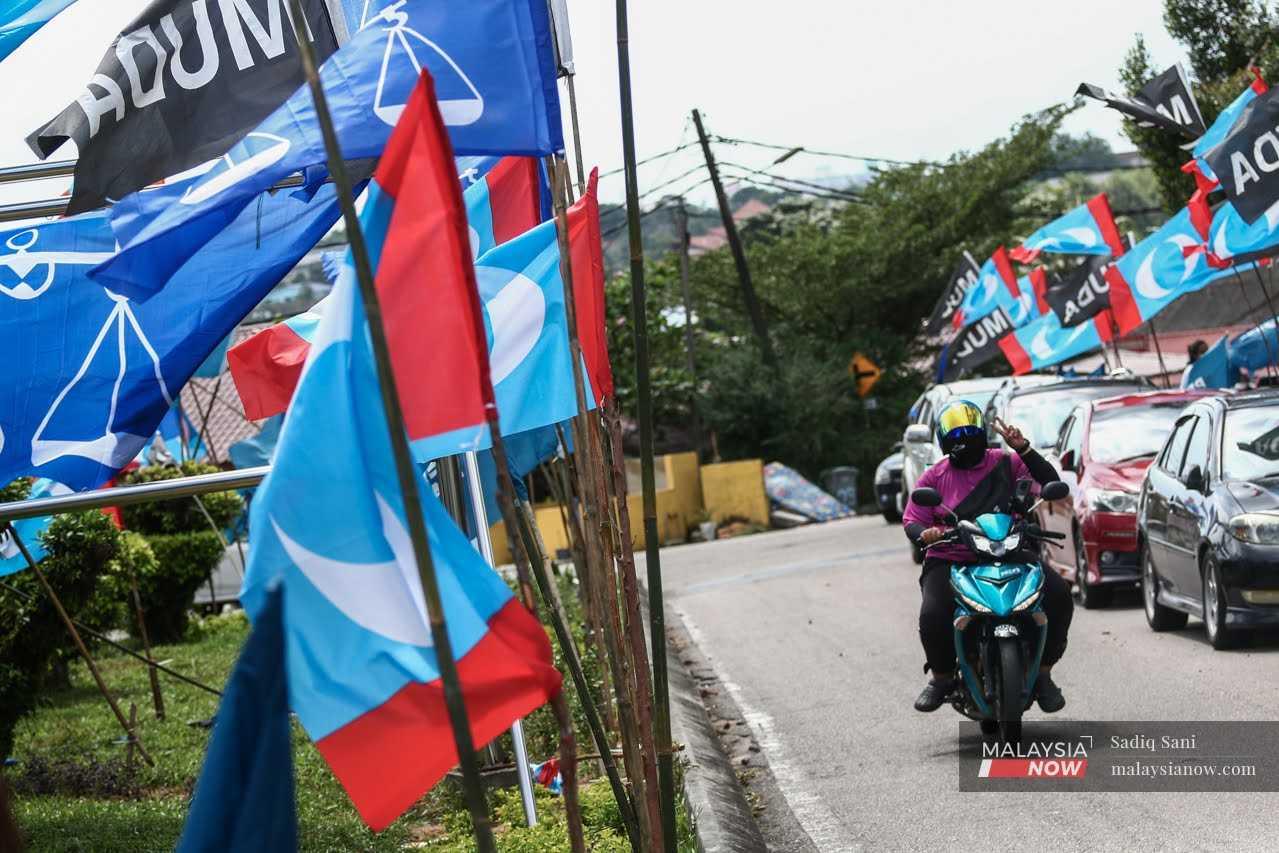PKR falling into 'Umno trap', analysts say as Indian representation declines
They compare the present situation with PKR's original purpose of opposing Umno's 3R narrative.
Just In
At its inception as a political entity some 20 years ago, PKR touted itself as a party that would represent all of Malaysia's many ethnicities, unlike the race-based Barisan Nasional (BN) components of Umno, MCA and MIC.
But questions have since arisen about its claim to multiracialism, especially in the wake of its recent central leadership council election where hardly any Indians were appointed despite their sizeable membership numbers.
The list of council members showed a clear inclination towards the camp led by PKR deputy president Rafizi Ramli, with 12 Malays and seven Chinese in the line-up.
Hans Isaac was the only representative from the Indo-Eurasian community. There were no representatives from Sabah or Sarawak.
Analyst and consultant R Paneir Selvam said PKR was meant to oppose the so-called 3R narrative championed by Umno of race, religion and royalty.
Speaking to MalaysiaNow, though, he said it instead appeared to be going down the same path.
Paneir, who heads a think tank on national issues, said this was clear from the statement of PKR president Anwar Ibrahim at the party's national congress that it had failed to rally the support of rural voters.
"That actually gave a signal to the delegates to elect as such, looking at the composition of council members," he said. "It reflects that."
Analysts have identified PKR's struggle to win support in rural areas as one of its stumbling blocks to forming the federal government.
The party performed poorly in the Melaka and Johor elections, and was completely wiped out in the Sarawak state polls.
Awang Azman Pawi of Universiti Malaya said the struggle for positions had changed the focus of the party.
"PKR has forgotten the idealism and spirit of the party which requires an inclusive struggle, not just a struggle for positions and power," he said.
"In the end, ethnic and regional interests are unconsciously marginalised."
According to Paneir, the Indian situation in PKR is nothing new.
Representation of the community has been on the decline for several years now, with some federal seats allocated to others instead.
For example, the Kapar parliamentary seat was given to former Kuala Langat MP Abdullah Sani.
Paneir said PKR, which had begun to talk about Malay rights, was falling into the trap of Umno.
Oh Ei Sun of the Singapore Institute of International Affairs meanwhile said the party should elect Indian representatives to important positions such as the treasurer, secretary-general or communications director.
PKR aside, the Indian community is generally focused on parties like MIC, DAP, Gerakan, and smaller entities such as Makkal Sakti, Parti Sosialis Malaysia and Parti India Muslim Malaysia.
At the national level, Azman said, ethnic Indians represent 7% of the country's population.
Nevertheless, he said it was difficult for them to unite due to their political loyalties.
"The Indian community needs to come together and reduce sectarian politics, whether in PKR or at the national level," he said.
Oh said Indian voters didn't have much of a choice apart from MIC, DAP and PKR.
But Paneir said MIC was more like a closed organisation, adding that not many who were educated were interested in joining the party despite its success at the recent state elections.
"PPP, DAP and Gerakan are multiracial parties," he said. "DAP is quite significant compared to PPP and Gerakan. PPP has the numbers but in terms of gaining the support needed to get seats and win elections – this is very much in doubt."
He also referred to the Malaysian Advancement Party which he said was similar to MIC.
"But who are they going to work with? They cannot stand alone, and they are focusing on Indian issues."
Paneir said the Indian community should widen their perspective beyond political parties.
Here, he said, NGOs had a role to play in uniting the Indian voice.
Subscribe to our newsletter
To be updated with all the latest news and analyses daily.
